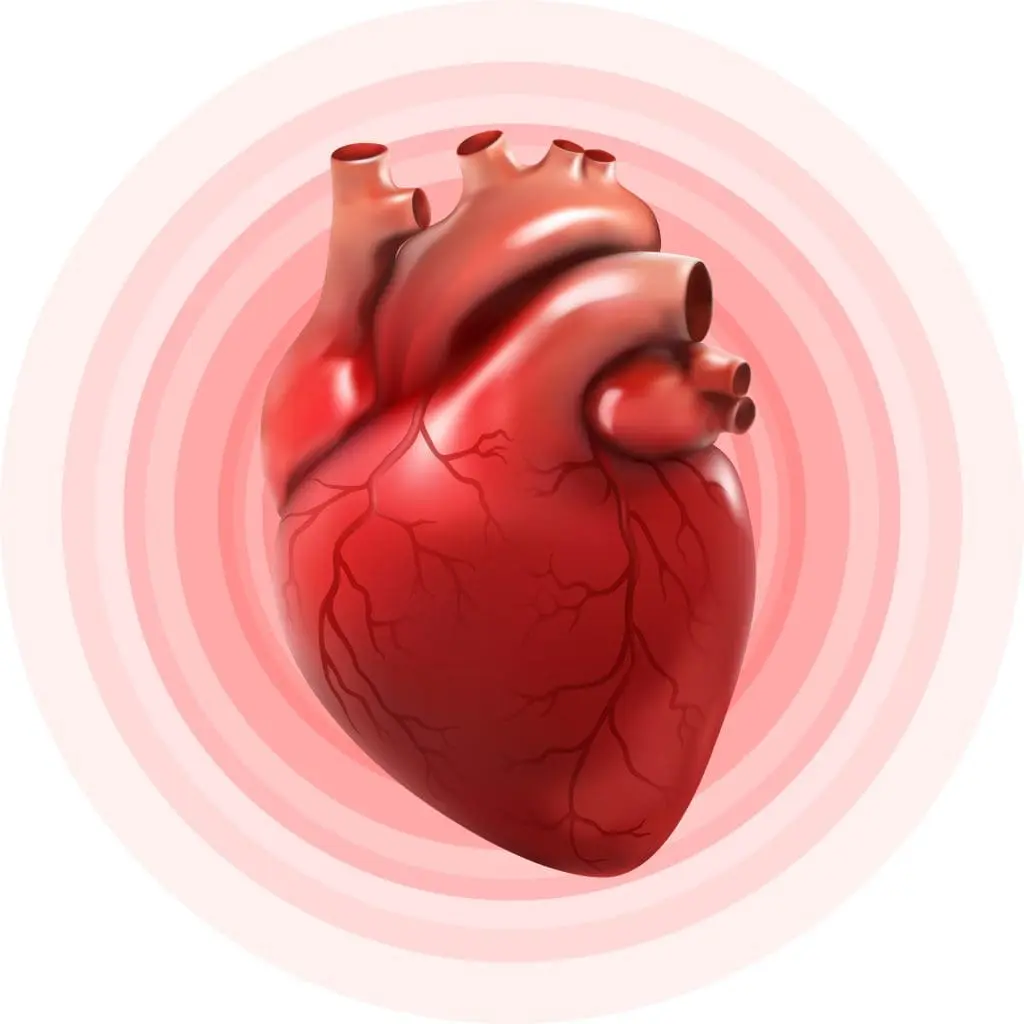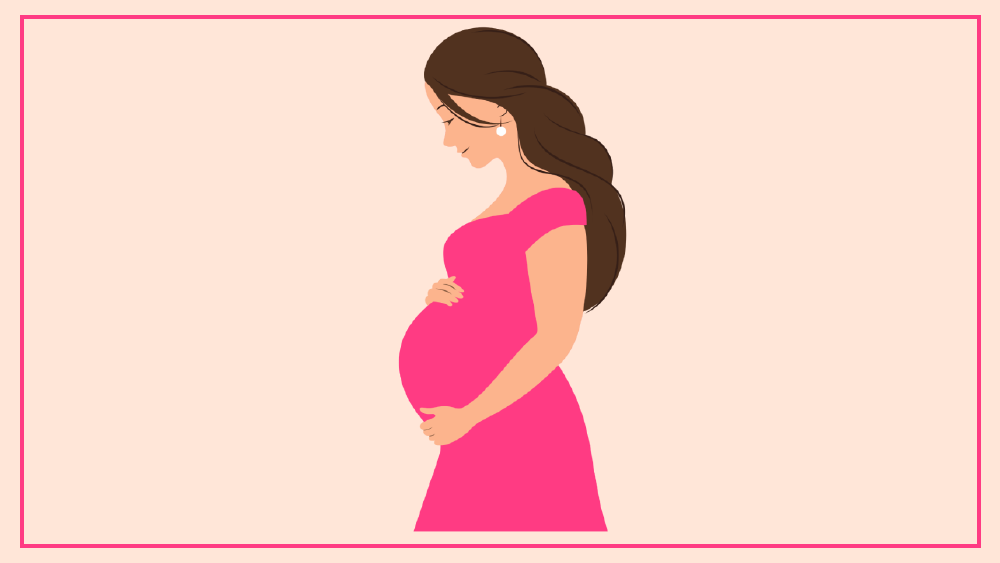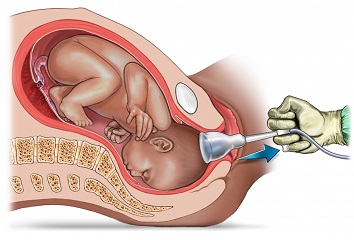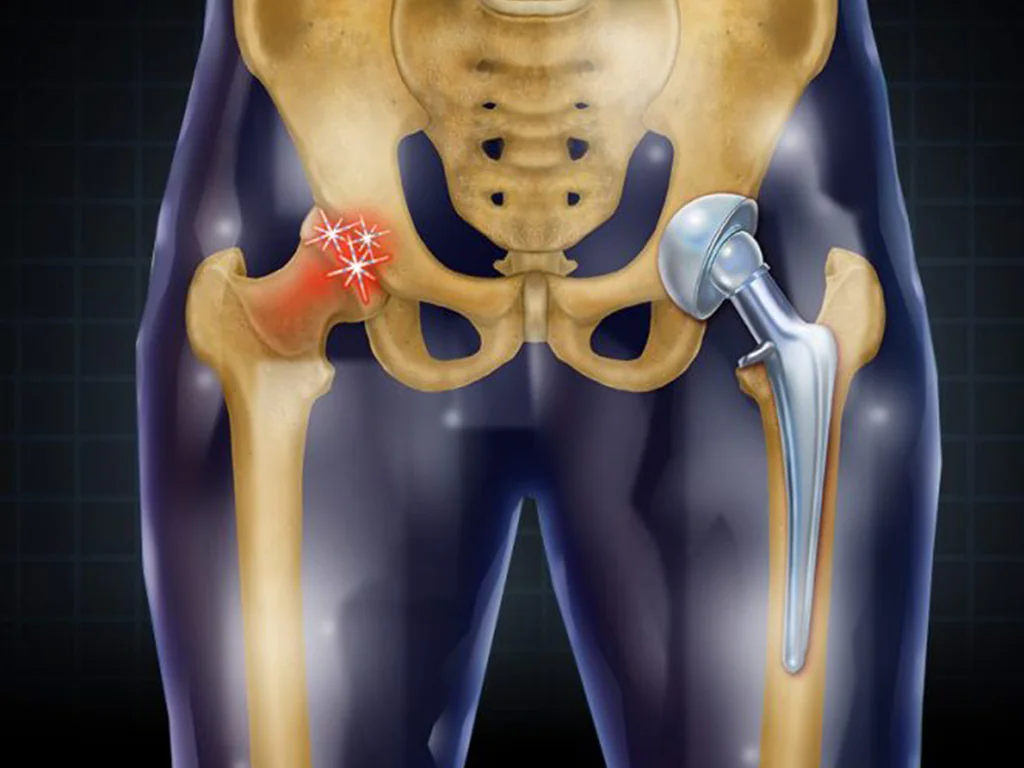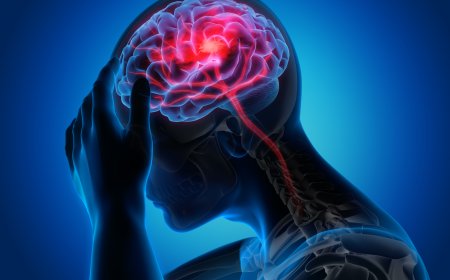- Engage in immersive simulations that replicate postoperative settings where patients develop pneumonia, providing diverse scenarios with varying levels of severity and complexity.
- Practice thorough assessments to identify signs and symptoms of postoperative pneumonia, including fever, cough, dyspnea, chest pain, and abnormal breath sounds.
- Implement evidence-based interventions for managing postoperative pneumonia, including antibiotic therapy, oxygen therapy, chest physiotherapy, and respiratory support.
- Monitor vital signs, oxygen saturation, and respiratory status closely, and respond promptly to changes in the patients condition, ensuring timely adjustments to treatment plans.
- Collaborate with interdisciplinary healthcare team members, including physicians, respiratory therapists, nurses, and infection control specialists, to optimize patient care and outcomes.
- Experience immersive XR technology that provides a safe and controlled environment for learning, allowing for repeated practice, immediate feedback, and reflective debriefing to improve clinical competence and confidence.
- Collaborate with interdisciplinary healthcare team members, including physicians, respiratory therapists, nurses, and infection control specialists, to optimize patient care and outcomes.
imaginX is used by many amazing schools and universities
University / College

